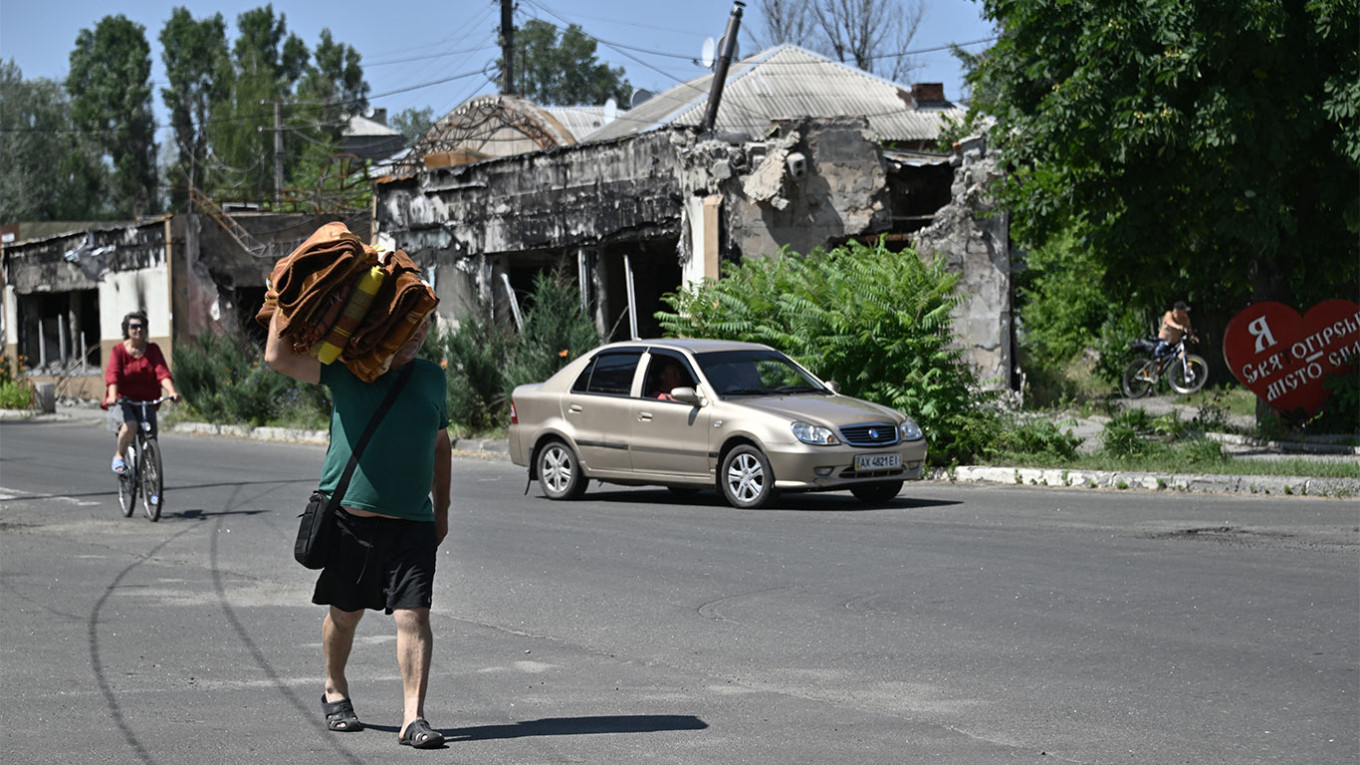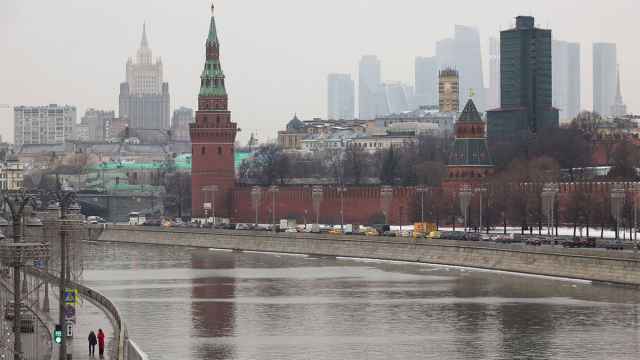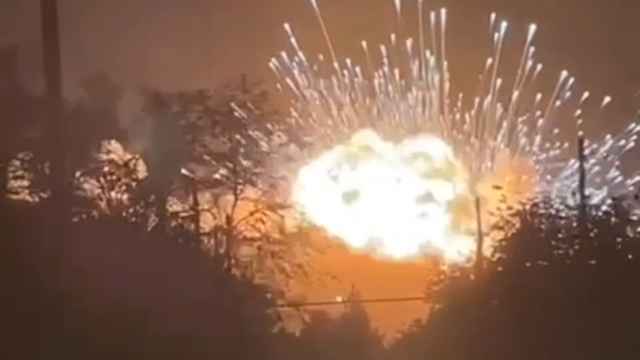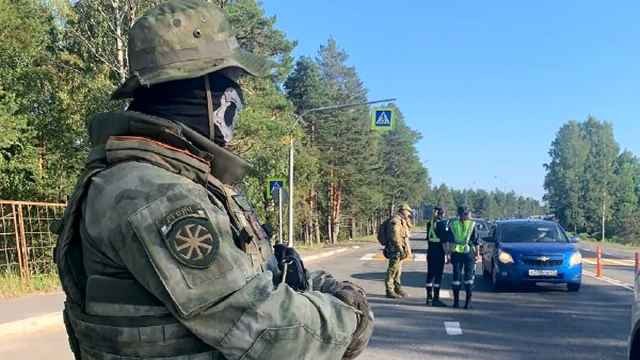Russia summarily executed 77 civilians being held in arbitrary detention during its invasion of Ukraine — killings which constitute war crimes, the United Nations said Tuesday.
Since the invasion, the UN Human Rights Monitoring Mission in Ukraine has documented 864 individual cases of arbitrary detention by Russia — 763 men, 94 women and seven boys — many of which also amounted to enforced disappearances.
"We documented the summary execution of 77 civilians while they were arbitrarily detained by the Russian Federation," Matilda Bogner, head of the mission, told a press briefing in Geneva.
"It is a war crime... it's also a gross violation of international human rights law," said Bogner, speaking via video link from Uzhhorod in western Ukraine.
"Clearly there are more" summary executions than the mission was able to document, "but we don't expect it to be enormous numbers," she added.
'Widespread' torture
The UN human rights office published a 36-page report on civilian detentions in the war, based on the mission's findings. It covers the period from the start of the Russian invasion on Feb. 24 last year until May 23 this year.
"Russian armed forces, law enforcement and penitentiary authorities engaged in widespread torture and ill-treatment of civilian detainees," said Bogner, presenting the report.
More than 91 percent of civilians detained by Russia told interviewers they had been subjected to torture and ill-treatment, and in some cases sexual violence including rape and electric shocks to genitals.
"Torture was used to force victims to confess to helping Ukrainian armed forces, compel them to cooperate with the occupying authorities, or intimidate those with pro-Ukrainian views," said Bogner.
The torture methods used included punching and cutting detainees, strangling, waterboarding, electric shocks, deprivation of water and food, putting sharp objects under fingernails and mock executions.
Conflict-related detainees were also subjected to so-called welcome beatings and random group beatings, the report said.
Detainee numbers 'much higher'
The report's findings were based on 1,136 interviews with victims, witnesses and others, plus 274 site visits and 70 visits to official places of detention run by Ukrainian authorities.
Ukraine gave the monitoring mission unimpeded confidential access to official places of detention and detainees, with one exception. Russia did not grant such access, despite requests.
Bogner said that beyond the documented cases of civilians being arbitrarily detained, "clearly the numbers are much higher."
In around a quarter of the known cases, civilian detainees were transferred to other locations within Russian-occupied territory or deported to Russia, she said.
More than half of those civilians arbitrarily detained have been released, while some remain "disappeared," said Bogner.
Ukrainian detentions
Besides those held by Russia, the mission documented 75 individual cases of arbitrary detention of civilians by Ukrainian security forces, mostly of people suspected of conflict-related offenses.
A significant proportion of these cases also amounted to enforced disappearances, perpetrated mainly by the Security Service of Ukraine, said Bogner.
"Over half of those arbitrarily detained were subjected to torture or ill-treatment by Ukrainian security forces. This happened while people were being interrogated, usually immediately after arrest," she said.
The mission has not documented any summary executions of civilian detainees by Ukrainian forces.
The report said grave violations of the human rights of conflict-related detainees, including arbitrary detention, enforced disappearances, torture and ill-treatment, "must be immediately halted."
Russia must "immediately cease the summary execution of civilians and take necessary measures to guarantee its non-repetition," the report said.
A Message from The Moscow Times:
Dear readers,
We are facing unprecedented challenges. Russia's Prosecutor General's Office has designated The Moscow Times as an "undesirable" organization, criminalizing our work and putting our staff at risk of prosecution. This follows our earlier unjust labeling as a "foreign agent."
These actions are direct attempts to silence independent journalism in Russia. The authorities claim our work "discredits the decisions of the Russian leadership." We see things differently: we strive to provide accurate, unbiased reporting on Russia.
We, the journalists of The Moscow Times, refuse to be silenced. But to continue our work, we need your help.
Your support, no matter how small, makes a world of difference. If you can, please support us monthly starting from just $2. It's quick to set up, and every contribution makes a significant impact.
By supporting The Moscow Times, you're defending open, independent journalism in the face of repression. Thank you for standing with us.
Remind me later.






